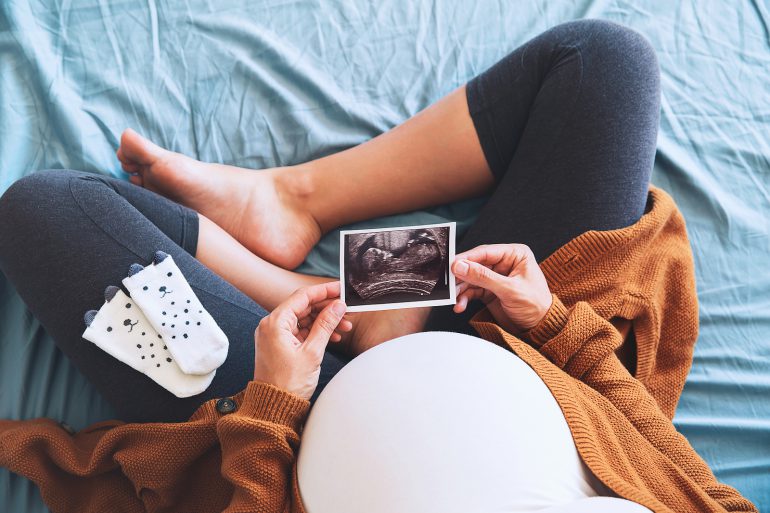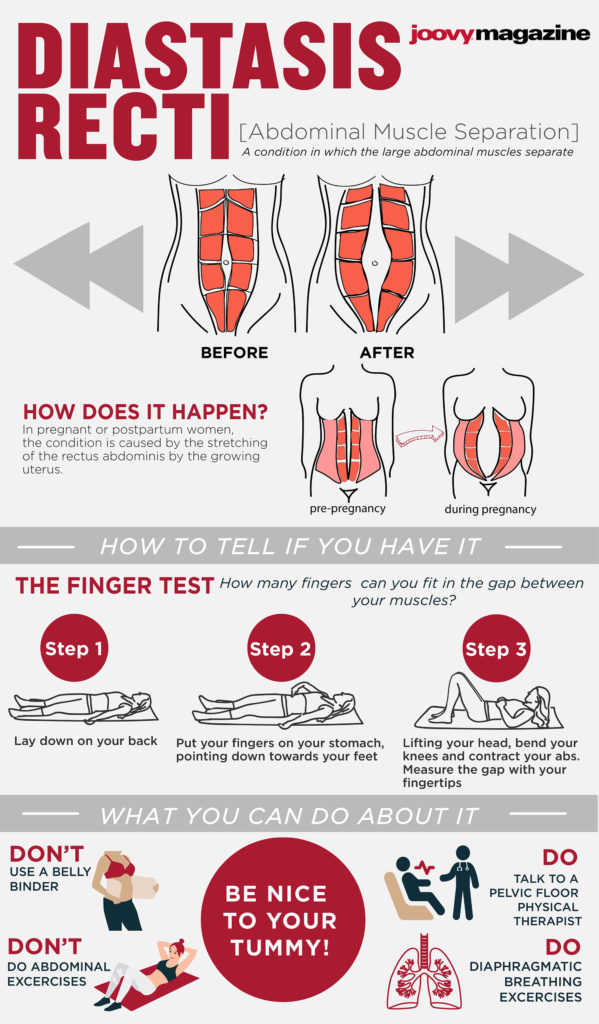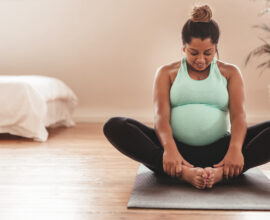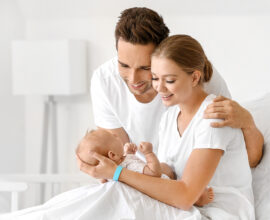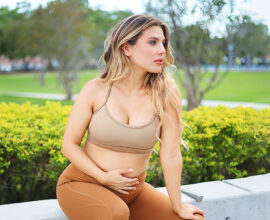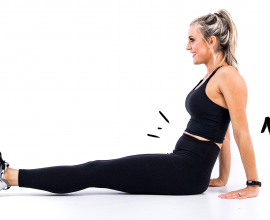6 Weird Postpartum Side Effects of Pregnancy
A sweet, adorable baby who, in a second flat, makes all of the pushing and back labor and doctors worth it. You get a baby, you’re done.
Except you’re not.
Recovering from childbirth is only the first stop for postpartum moms — there’s a massive amount of work to do when it comes to healing from the pregnancy itself. Physically and mentally, moms new and seasoned often face an untalked-about, months-long battle to recover from the stressors of growing a baby.
The standard US practice of clearing a postpartum mom when she’s no longer bleeding or showing signs of infection after six weeks is only the tip of the iceberg. Even when incisions have healed and the majority of the postpartum bleeding is behind you, your muscles, bones, and hormones have a lot of recovering left to do.
Bigger Than a Belly — How Pregnancy Changes Your Body
Pregnancy doesn’t just give you stretch marks and a little postpartum weight loss goal — it’s a cataclysmic event that changes a huge amount of your biology.
Abdominal Muscle Separation (Diastasis Recti)
One of the most common things postpartum women experience is diastasis recti, the separation of the abdominal muscles. This common condition is a natural side effect of making room for baby but can have effects that last months, or even years, postpartum.
Pelvic Bone Separation (Symphysis Pubis Dysfunction)
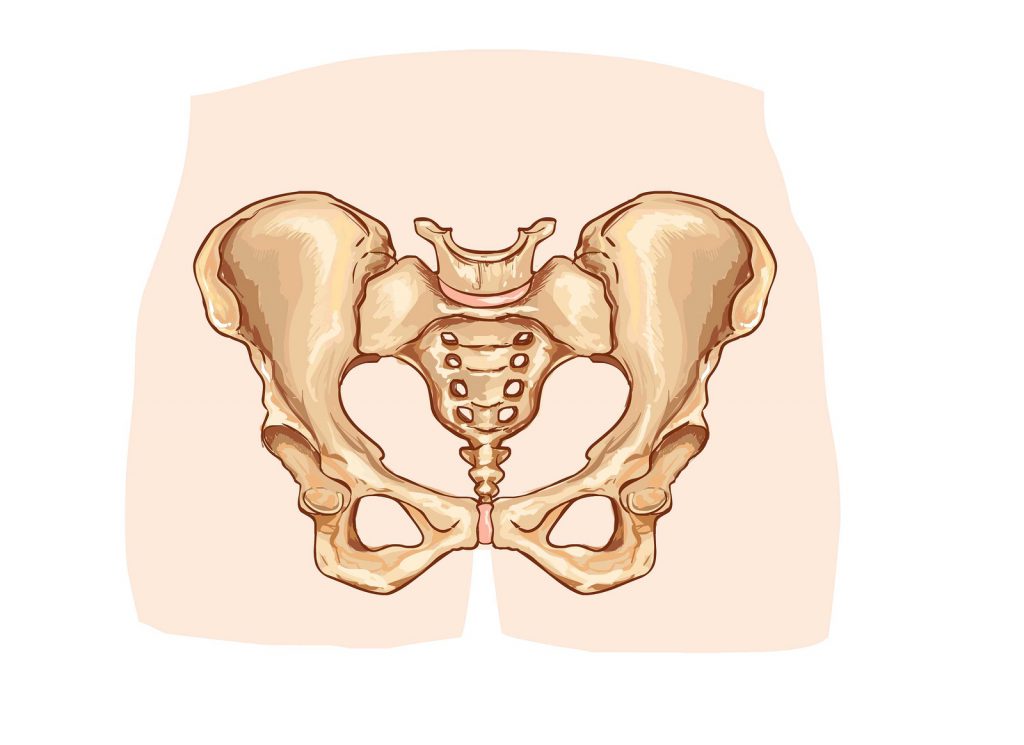
That’s right, pregnancy can even shift your bones (nothing creepy about that). As baby grows and pressure increases on your pelvis, many women’s pelvic bones begin to naturally separate to make room. The result can be a wobbly, loose-feeling set of hips that are more susceptible to pain and discomfort when sleeping and standing.
Postpartum Depression

The psychological effects of having a baby are not to be underestimated. Interestingly, scientists are discovering that more and more, postpartum hormones are not the reason why some women get postpartum depression and others don’t — social support seems to be the biggest factor.
Hormonal Imbalances
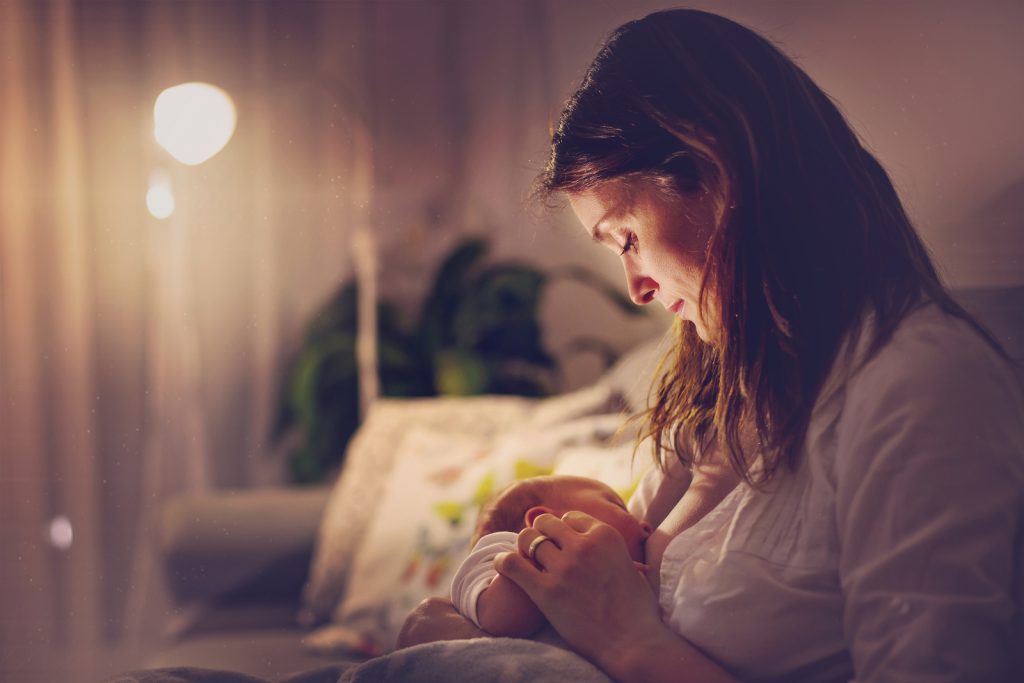
After having a baby, your hormones are still wildly different. These chemicals in your brain are triggering all kinds of important biological functions, like the production of milk, the contraction of your uterus to shrink back down after delivery, and the biological adaptations that come with caring for a tiny human.
Circulatory Issues (Varicose Veins)
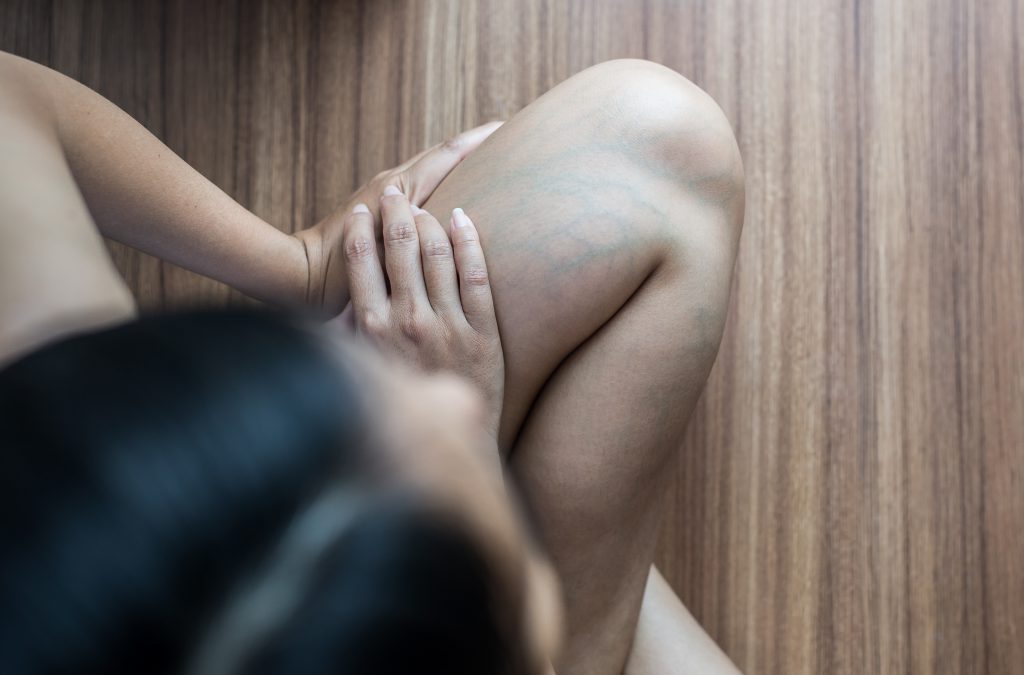
A crazy thing happens when women get pregnant: their blood volume increases by 50%.
All of this new blood gets your circulatory system working overtime, which is why some women with a history of circulatory health problems are at greater risk for things like varicose veins. Varicose veins are veins, typically in the legs and feet, that become enlarged and twisted as they get overwhelmed with blood volume.
Even though this is a common side effect of pregnancy, it can be permanent for some women and require surgical treatment.
Postpartum Back Pain
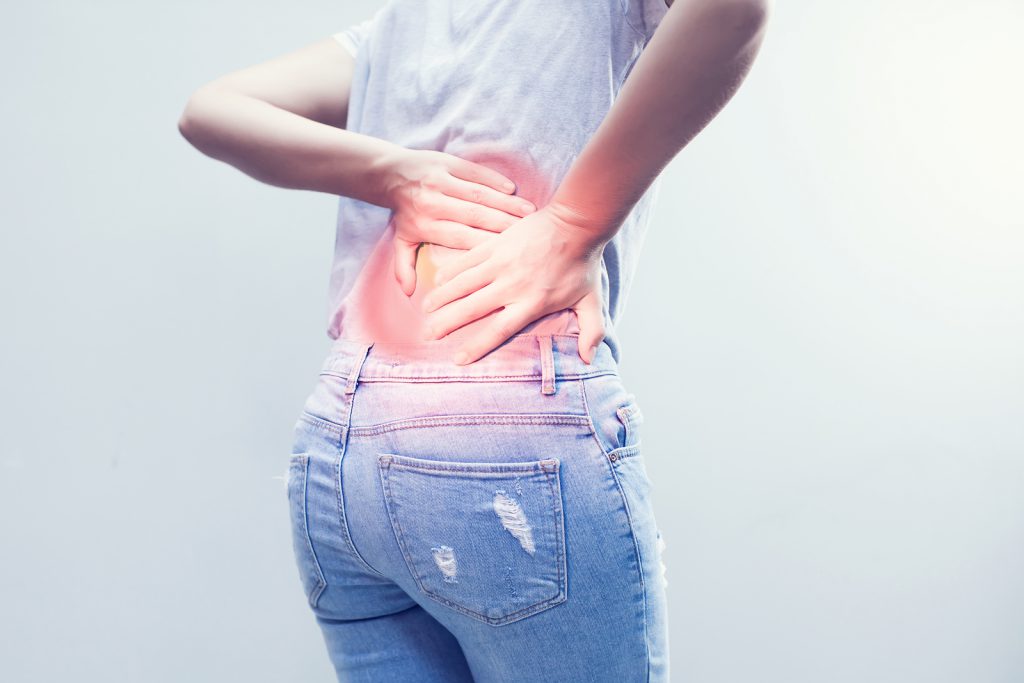
As a result of the combination of intra-abdominal pressure changes and abdominal muscle separation, many postpartum moms experience some gnarly back pain. The only real solution is treating the cause with physical therapy that addresses both the diastasis recti and abdominal pressure issues (so don’t get on the pain pill carousel if you can avoid it).
So yeah, growing a baby and successfully delivering is only the beginning. New moms face an uphill climb to get back to their former physical glory, and I’m not just talking about squeezing back into the skinny jeans.
Give yourself grace, take care of your body, and pay attention to more than just your waistline — your body has experienced a massive biological trauma, and it needs lots of love, time, and patience to heal correctly.

